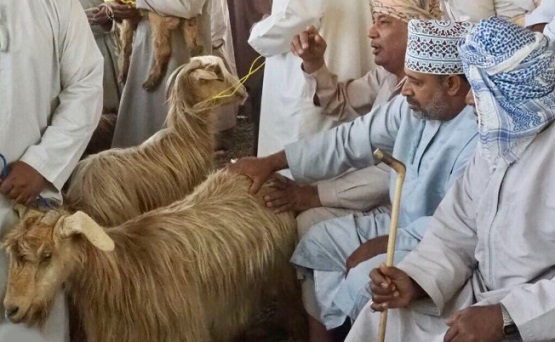Nikhil Prasad Fact checked by:Thailand Medical News Team Dec 01, 2024 4 months, 1 week, 5 days, 1 hour, 29 minutes ago
Medical News: HIV Cases Reach New High
Balochistan, a province in Pakistan, has reported 462 new cases of HIV/AIDS, bringing the total number of registered patients in the region to 2,823. Dr. Zulfiqar Baloch, the coordinator of the Balochistan AIDS Control Programme, disclosed these figures during a press conference yesterday. This rise has sparked serious concerns, especially as December 1 marks World AIDS Day, a time to raise awareness and support those living with the disease.
 Alarming Rise in HIV Cases in Balochistan Province in Pakistan
Alarming Rise in HIV Cases in Balochistan Province in Pakistan
Dr. Baloch highlighted that HIV weakens the immune system, leaving individuals vulnerable to severe infections. Without treatment, it can lead to fatal complications. This
Medical News report sheds light on the urgent need for action in Balochistan, where six districts - Quetta, Gwadar, Turbat, Zhob, Sherani, and Nasirabad - are identified as high-risk areas.
Hidden Epidemic and Regional Concerns
While Quetta records the highest number of cases, other districts like Turbat, Hub, Loralai, and Nasirabad are also heavily affected. Dr. Baloch estimates that the actual number of HIV cases could range from 7,000 to 9,000, much higher than the registered figure.
https://www.dawn.com/news/1875873
To combat this crisis, the provincial AIDS control program plans to set up treatment centers in Khuzdar, Zhob, Kharan, and Sibi. These centers aim to improve healthcare access and ensure timely treatment for patients, especially in remote areas.
Efforts to Curb the Spread
Over the past year, more than 100,000 individuals in Balochistan have undergone HIV testing. Testing facilities are now available in all districts, including prisons, ensuring that high-risk groups are screened. Dr. Baloch emphasized that timely diagnosis and treatment are essential to halt the spread of the disease.
Nationwide, Pakistan has an estimated 420,000 people living with HIV. The epidemic is concentrated among high-risk groups, including drug users, sex workers, and transgender individuals. Following trends observed in Asia, the virus is now moving into sexual networks and gradually spilling over into the general population.
Conclusion
The rise in HIV cases in Balochistan underscores the urgent need for public health initiatives and widespread awareness campaigns. Testing and treatment accessibility must be expanded, especially in high-risk districts. Collaborative efforts are crucial to ensure timely interventions and to prevent further spread of the virus. Addressing the stigma surrounding HIV is equally important, as it hinders individuals from seeking help. By strengthening healthcare systems and fostering community support, Balochistan can better manage this escalating health crisis.
For the latest HIV News, keep on logging to Thailand
Medical News.
<
;br />
Read Also:
https://www.thailandmedical.news/news/what-s-happening-in-karachi-pakistan-hiv-cases-rising-exponentially-and-more-incidences-of-drug-resistant-hiv-infections-emerging
https://www.thailandmedical.news/news/japanese-scientists-sounds-alarm-about-the-spread-of-the-hiv-1-crf01-ae-strain-in-indonesia-and-beyond
https://www.thailandmedical.news/articles/hiv-aids
